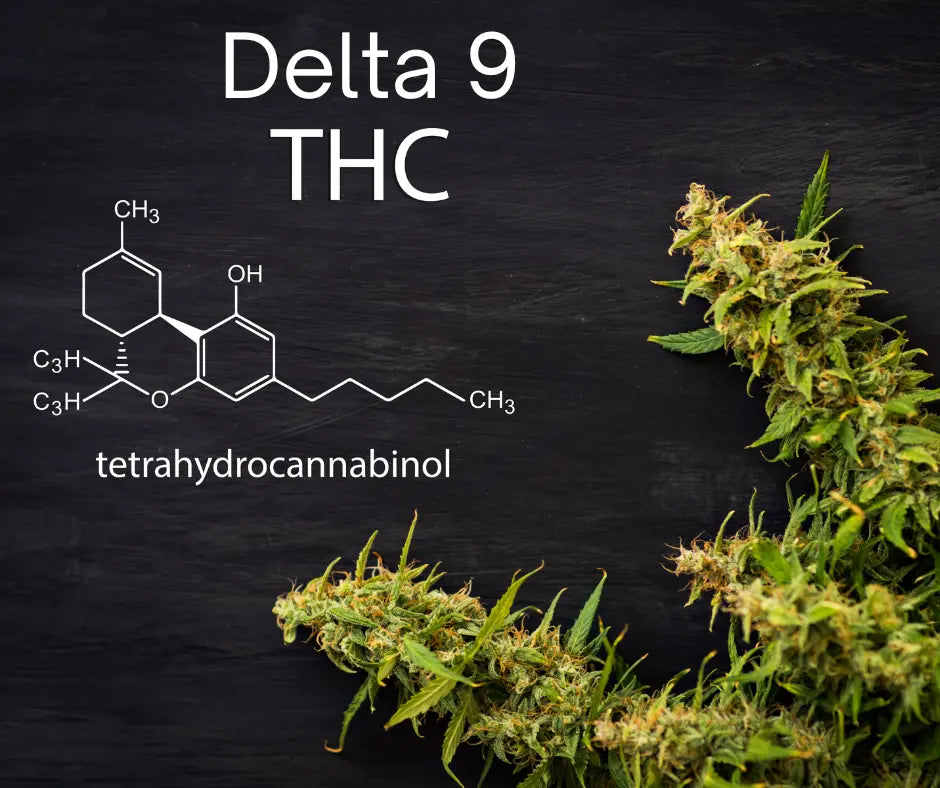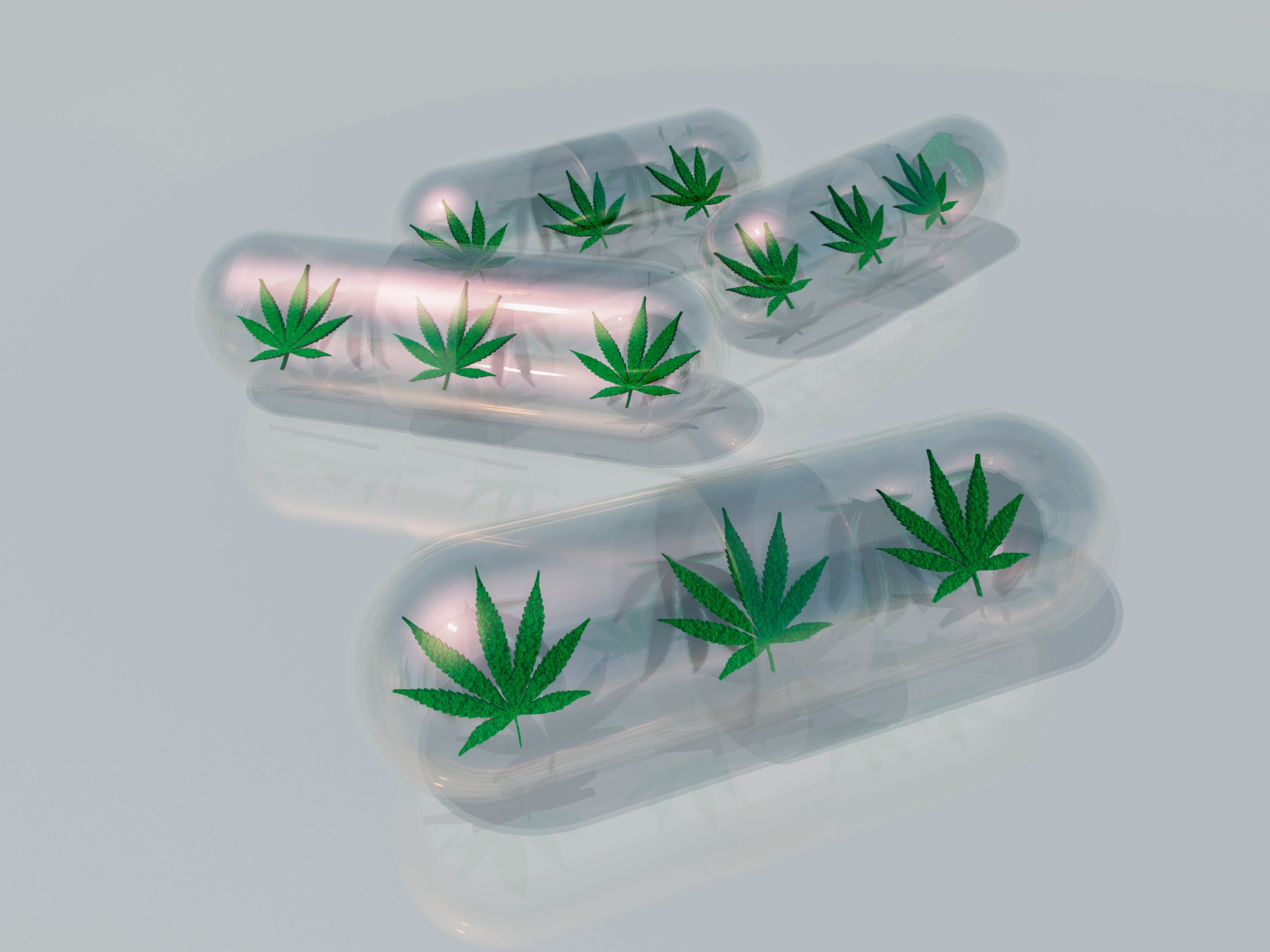
Is There a Better Way to Take Delta 9 Using Microdosing?
In the ever-evolving world of cannabis consumption, the concept of microdosing has gained significant attention. Traditionally, the cannabis experience has often been associated with euphoric highs and potent effects, largely driven by high levels of delta-9 THC, the primary psychoactive compound in cannabis. However, as our understanding of cannabinoids deepens, a new approach is emerging—one that seeks to harness the potential benefits of delta-9 THC through microdosing. In this blog post, we'll explore the concept of microdosing delta-9 THC, its potential advantages, and whether it offers a better way to enjoy the benefits of this iconic cannabinoid.
Understanding Microdosing
Before we delve into microdosing delta-9 THC, let's clarify what microdosing means. Microdosing involves consuming very small, sub-therapeutic doses of a substance, such as a drug or a natural compound, to achieve subtle and often non-intoxicating effects. The goal is not to experience the full range of a substance's effects but to harness its potential benefits while minimizing unwanted side effects.
The Traditional Cannabis Experience
Historically, cannabis consumption has often focused on achieving a powerful high through the use of strains with high levels of delta-9 THC. This approach has its merits, particularly for recreational users seeking euphoria and relaxation. However, it may not be suitable for everyone, as the intense psychoactive effects can lead to anxiety, paranoia, and impaired cognitive function in some individuals.
Additionally, high-THC cannabis may not be the best option for those using cannabis for medicinal purposes, as the psychoactive effects can be overwhelming or counterproductive for certain conditions.
The Potential Advantages of Microdosing Delta-9 THC
Microdosing delta-9 THC involves consuming very low doses of the cannabinoid, typically in the range of 2.5 to 5 milligrams or even less. This approach offers several potential advantages:
Minimized Psychoactive Effects: Microdosing aims to provide the potential therapeutic benefits of delta-9 THC without inducing strong psychoactive effects. This can be particularly beneficial for individuals who want to remain clear-headed and functional throughout the day.
Enhanced Focus and Creativity: Some users report that microdosing delta-9 THC enhances their focus, creativity, and productivity. It may help alleviate symptoms of conditions like ADHD.
Pain Relief: Delta-9 THC is known for its potential analgesic (pain-relieving) properties. Microdosing may provide pain relief without the sedation associated with higher doses.
Mood Enhancement: Microdosing may contribute to an improved mood and reduced feelings of stress or anxiety. It can be a valuable tool for managing symptoms of mood disorders.
Customized Experience: Microdosing allows users to tailor their cannabis experience to their specific needs and preferences. It's a highly individualized approach.
How to Microdose Delta-9 THC
Microdosing delta-9 THC requires careful attention to dosing and product selection. Here are some tips for effective microdosing:
Start Low: Begin with a very low dose, typically around 2.5 milligrams or less. You can always increase the dose gradually if needed.
Choose the Right Product: Look for products specifically designed for microdosing, such as low-dose edibles, tinctures, or capsules. These products are labeled with precise dosages.
Timing Matters: Consider when you consume delta-9 THC. Some users prefer microdosing in the morning for enhanced focus, while others may find it more beneficial in the evening for relaxation.
Keep a Journal: To find your optimal dose, keep a journal to track your experiences. Note the dosage, timing, effects, and any changes in mood or symptoms.
Consult a Professional: If you're using delta-9 THC for medicinal purposes or have specific health concerns, consult with a healthcare professional for guidance on microdosing.
Conclusion: Is Microdosing Delta-9 THC a Better Way?
Microdosing delta-9 THC offers a nuanced and controlled approach to cannabis consumption. It may provide a better way for individuals seeking the potential therapeutic benefits of this cannabinoid without the intense psychoactive effects associated with higher doses.
However, whether microdosing is the right approach for you depends on your individual preferences, needs, and goals. Some users may still prefer the traditional cannabis experience with higher doses, while others may find microdosing to be a more suitable and sustainable way to incorporate delta-9 THC into their lives.
As cannabis research continues to evolve, we gain a deeper understanding of its potential benefits and how different consumption methods can cater to diverse needs. Whether you choose to explore microdosing or stick to traditional consumption, always approach cannabis use responsibly and with awareness of your own tolerance and limitations.
Reference:
Akpunonu, P., Baum, R., Reckers, A., Davidson, B., Ellison, R., Riley, M., … & Gerona, R. (2021). Sedation and acute encephalopathy in a pediatric patient following ingestion of delta-8-tetrahydrocannabinol gummies. American Journal of Case Reports, 22. https://doi.org/10.12659/ajcr.933488
Gülck, T. and Møller, B. (2020). Phytocannabinoids: origins and biosynthesis. Trends in Plant Science, 25(10), 985-1004. https://doi.org/10.1016/j.tplants.2020.05.005
Helander, A., Johansson, M., Andersson, A., & Villén, T. (2021). Analytical and medico‐legal problems linked to the presence of delta‐8‐tetrahydrocannabinol (delta‐8‐thc): results from urine drug testing in sweden. Drug Testing and Analysis, 14(2), 371-376. https://doi.org/10.1002/dta.3190
Huestis, M., Henningfield, J., & Cone, E. (1992). Blood cannabinoids. i. absorption of thc and formation of 11-oh-thc and thccooh during and after smoking marijuana*. Journal of Analytical Toxicology, 16(5), 276-282. https://doi.org/10.1093/jat/16.5.276
Iuvone, T., Esposito, G., Filippis, D., Scuderi, C., & Steardo, L. (2009). Cannabidiol: a promising drug for neurodegenerative disorders?. CNS Neuroscience & Therapeutics, 15(1), 65-75. https://doi.org/10.1111/j.1755-5949.2008.00065.x
LoParco, C., Rossheim, M., Walters, S., Zhou, Z., Olsson, S., & Sussman, S. (2023). Delta‐8 tetrahydrocannabinol: a scoping review and commentary. Addiction, 118(6), 1011-1028. https://doi.org/10.1111/add.16142
Pertwee, R. (2008). The diverse cb1 and cb2 receptor pharmacology of three plant cannabinoids: δ9‐tetrahydrocannabinol, cannabidiol and δ9‐tetrahydrocannabivarin. British Journal of Pharmacology, 153(2), 199-215. https://doi.org/10.1038/sj.bjp.0707442


